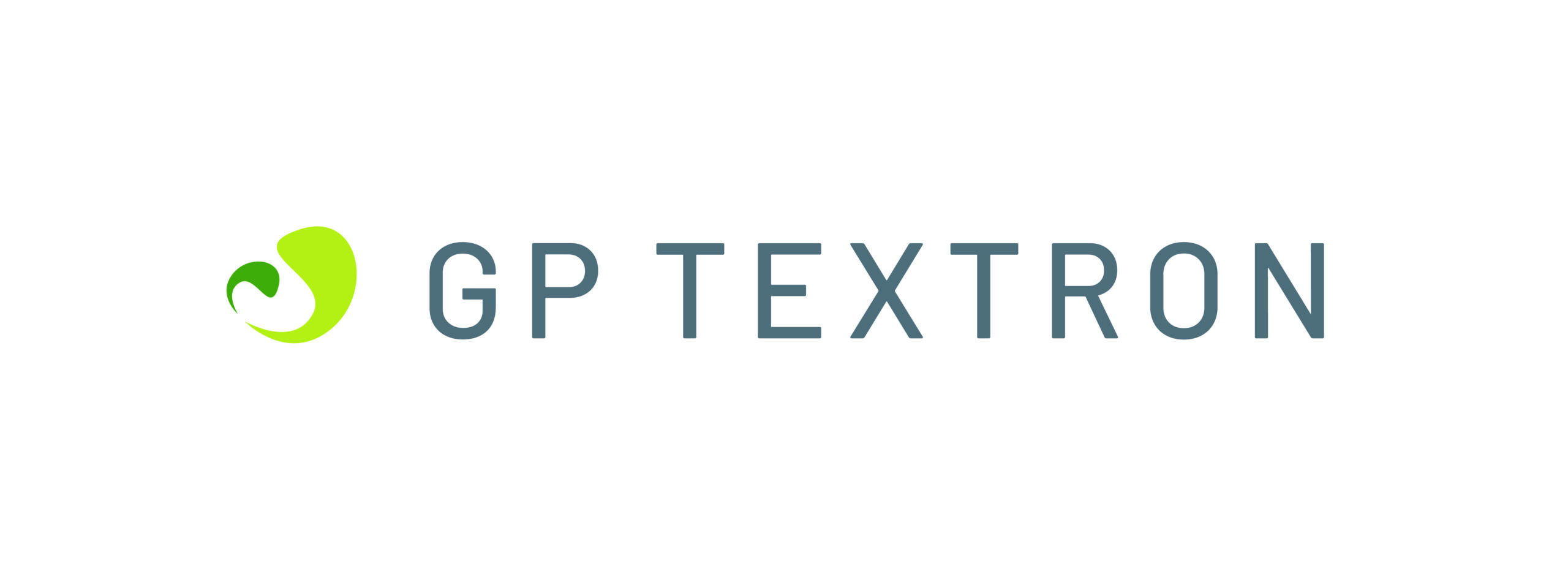Consumers are becoming increasingly more aware of the risk of hazardous chemicals in the products they purchase while, at the same time, are drawn to materials that are ‘self-cleaning’ and ‘odour resistant’. Is it possible to make chemically compliant and high-performance materials? Or are these two things mutually exclusive?
Typically, to produce high-performance materials, manufacturers will embed chemicals into the substrate of the material or apply finishes or coatings to the material post-production. Examples of this include perfluorinated compounds for water and stain resistance; antimicrobial finishes in sportswear or flame retardants in upholstery textiles.
In the ever-evolving regulatory landscape, and with the pressure for supply chains to demonstrate robust chemical compliance through initiatives such as the Zero Discharge of Hazardous Chemicals (ZDHC) programme; it is important that we understand which chemicals are being used in the production of our materials and products.
Brands are making increasing efforts to limit restricted chemicals in the manufacturing process and as a result chemical substitution is a hotly discussed topic. Green chemistry is a growing business with large investment in research into the development of alternative, sustainable chemicals and technologies. The industries efforts to speed the adoption of this revolutionary and diverse discipline have already and will continue to lead to significant environmental benefits, innovation and a strengthened assurance towards chemical safety.
Ideally, green chemical alternatives should present similar supply chain costs, not be subject to additional regulatory pressures and, most crucially, should not lead to significant compromises to the high-performance qualities of the product. The reality, however, is that for some chemicals, substitutes could be many years away and for others, compromises will be required.
A pertinent example is PFOA (Perfluorooctanoic acid) which is a chemical compliance priority for the ZDHC community and subject to controls under European legislation. An outright ban is a positive outcome in terms of reducing the levels of a known bioaccumulate and toxic substance entering the environment. The options for replacement chemistries that offer similar levels of performance are however limited, leaving brands with a difficult decision over product performance versus environmental sustainability.
Nonetheless, it should be acknowledged that significant progress has been made within the leather and textile community; the adoption of MRSL will be a vital tool for the industry – one that is invaluable in setting the standards for a genuine reduction of the damaging impacts of chemicals used within material production.
If you are interested in finding out more about the ZDHC MRSL and how to minimise your use of hazardous chemicals while maintaining high performance features get in touch with the Chem-MAP® team today. Email info@chem-map.com or phone +44 (0)1604 679 999.

Eurofins | Chem-MAP are excited to share that Codyeco S.p.A have been successfully re-certified against ZDHC MRSL V3.1 for over 700 products in their leather portfolio. This is in accordance with Eurofins | Chem-MAP Protocol 5.0 and the most recent conformity guidelines issued by ZDHC in November 2022. ‘Codyeco S.p.A...
Published 22nd May 2025 Read more
